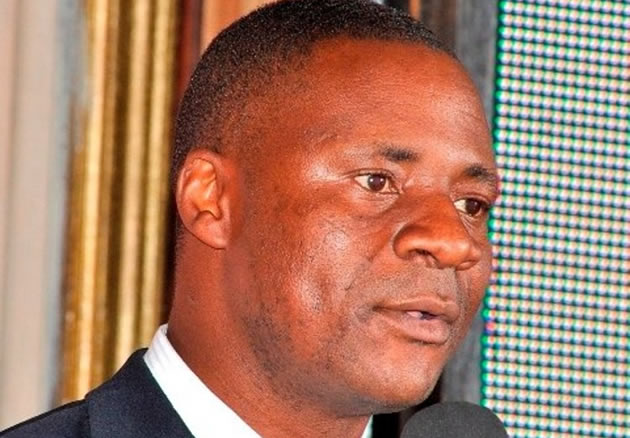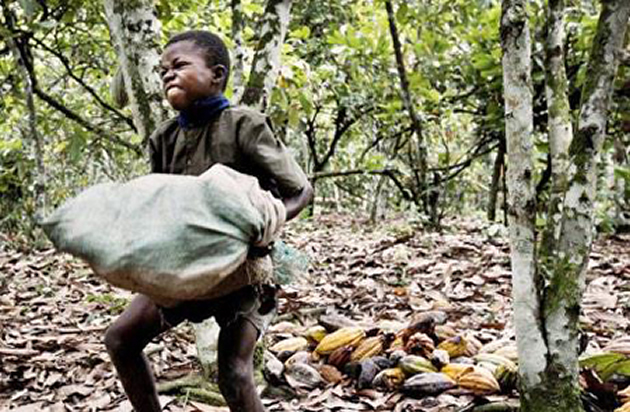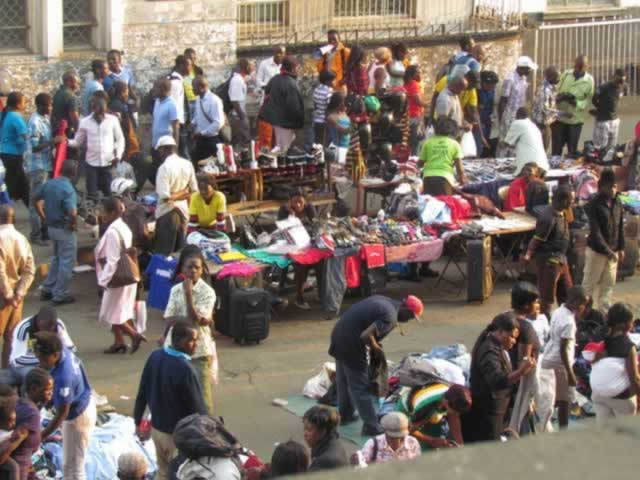A tale of three book festivals

Beaven Tapureta
Book lovers will in the next half of this year enjoy three book extravaganzas. This is a new phenomenon in the local book industry as we had become familiar only with the Zimbabwe International Book Fair (ZIBF) which usually happens in late July and early August annually.
This year the ZIBF will run from July 27 to August 1 under the theme ‘‘Growing the Knowledge Economy Through Research, Writing, Publishing and Reading’’. In September, a newly hatched book event named Zambezi Book Expo will kick off at the Harare International Conference Centre. Sometime in November, we are expecting an International Literature Festival which is an expanded (and second) edition of LitFest Harare. The Litfest organisers promised at the inaugural edition that the festival will run with full effect from November this year.
A candid scrutiny of the three book events leads to the conclusion that, if each is conducted without ‘‘a nemesis’’ but with a complementary spirit, all these events can achieve substantial different results for the local book industry.
At some point we led African statistics with a higher reading culture, hosted the biggest book fairs ever in Africa in the tutelage of the Zimbabwe International Book Fair (ZIBF). We provided a continental platform for inspiring literary discourse. We shone with pride of our capacity to draw not only huge numbers of internationally acclaimed academics and writers, but also potential book exhibitors and investors from around the world. Indeed, we envisioned ourselves reaching somewhere near the glories of one of the world’s biggest book fairs such as the Frankfurt Book Fair in Germany.
Since its birth in the 80s, the ZIBF has carved an identity of its own despite it being rocked by challenges in the new millennium. The ZIBF’s annual display of different books, the educative, fun and entertainment activities such as the Live Literature, the Children’s Reading Tent, the heated debates at the Great Indaba Conference, makes one feel submerged in the ‘‘smells and tastes’’ of different languages and cultures. ZIBF literary evenings and writers’ workshop are illuminating and enjoyable as they bring together both established and unpublished writers.
One of the milestones in the history of the ZIBF is the Zimbabwe’s 75 Best Books of the 20th Century Project which saw our celebrated authors in English, Shona and Ndebele being honoured at an exalting awards gala. The project captured the entire history of our literature since 1956.
However, the ugly shadow of difficulties has taken the glory from most stakeholders in the book industry, including the ZIBF. With only a month to go before the 2015 ZIBF kicks off in Harare, we are waiting like little birds for our mother to bring home ‘‘worms’’ for the mind.
Last year in November, a new literary festival dubbed LitFest Harare was introduced, headed by its director, poet and writer Chirikure Chirikure. What we witnessed was a different book event.
The intention of Litfest Harare, according to its director, is grounded on celebrating local achievements. For many local writers and friends, what LitFest Harare achieved last year was to bring home Stanley Nyamfukudza, author of the iconic ‘‘Non-Believer’s Journey’’. And also on the last day of Litfest, how great it was for the Zimbabwe book industry to witness the donation of the late internationally hailed author Doris Lessing’s collection of books to the Harare City Library!
The main Litfest activities were discussions, interviews, readings, performances and recitations happening on different days at three different venues, that is, the Book Café, the Harare City Library and the University of Zimbabwe. Would it not bridge a certain gap if this different approach to book festivals gets established on our calendars? While the ZIBF continues to conduct itself in its traditional form and as it strategically expand itself to catch up with the times, the Litfest Harare can lighten up the local writing world in its own way without those activities done by ZIBF such as book displays, a two-day Indaba, live literature, a children’s reading tent, etc.
Telling by its inaugural appearance on the local book scene, Litfest is clearly not a duplicate of ZIBF.
There is another loaded dish for book lovers lodged between the ZIBF and Litfest Harare dates. Named after the mighty Zambezi River which cuts across six Southern African countries, the Zambezi Book Expo (ZBE) is expected to take place at the Harare International Conference Centre in September under the theme ‘‘Sharing our Stories, Making a Difference’’.
A brief description of ZBE says it is “a re-imagined book fair that meets or surpasses expectations of writers, publishers, booksellers, readers and educational institutions in this age”.
In an interview with Bookshelf, the ZBE artistic director Reginald Chapfunga said his organisation is only complementing efforts by other local players to bring back the glamour of the local book industry.
He said it is healthy for the book industry to have various book events. He gave an example of South Africa which has a number of book fairs which invite writers from all over the world and help put South African literature in the international spotlight.
“I believe that if all the book or literary events held in Zimbabwe are supported and embraced by all stakeholders we will claim our position among the literature giants and in three years we will have a vibrant book industry,” said Chapfunga.
He said in the past months ZBE has been mobilising international support and the response has been encouraging.
Chapfunga, who is a journalist, publisher and arts promoter, also said that some of the major highlights of ZBE will be the launch of the Great Zimbabwe Book Awards which are open to all Zimbabwean writers in and outside the country and the Victoria Falls Award for Women Writers in Africa which are open to African women writers. The nominees will be announced early next year with the awards ceremony scheduled to take place at next year’s edition of ZBE.
“A one day literature fiesta, Zambezi Literature Festival bringing together writers from Zimbabwe, Zambia, Botswana and Namibia will be held May each year,” added Chapfunga.
Other ZBE planned activities include the launch of Zambezi Poetry Slam, a spoken word competition which will start from district level to provincial and national finals, the Zambezi Literature Quiz which include a radio and internet quiz programme.
Asked if ZBE is going to make HICC its traditional venue and why, Chapfunga said it is strategic that they have chosen HICC as the venue for the book expo.
“Firstly, we want to recapture yesteryear’s glory and glamour. Literary events held in Zimbabwe were rated among the best in Africa. What a better place to capture the glory of the old days and also reflect the importance of the book than at HICC. Secondly, book fairs or expos are trade fairs and must be viewed in the same vein with other trade fairs. That’s why we have selected a venue that has been hosting a number of trade or industry fairs. And lastly, we have a number of events lined so the venue presents a number of stages or platform to host these events,” he said.
With three book festivals, ceteris paribus, no doubt there could be something big brewing for book lovers in Zimbabwe. Let’s wait and see!
- For comments and feedback: [email protected]










Comments